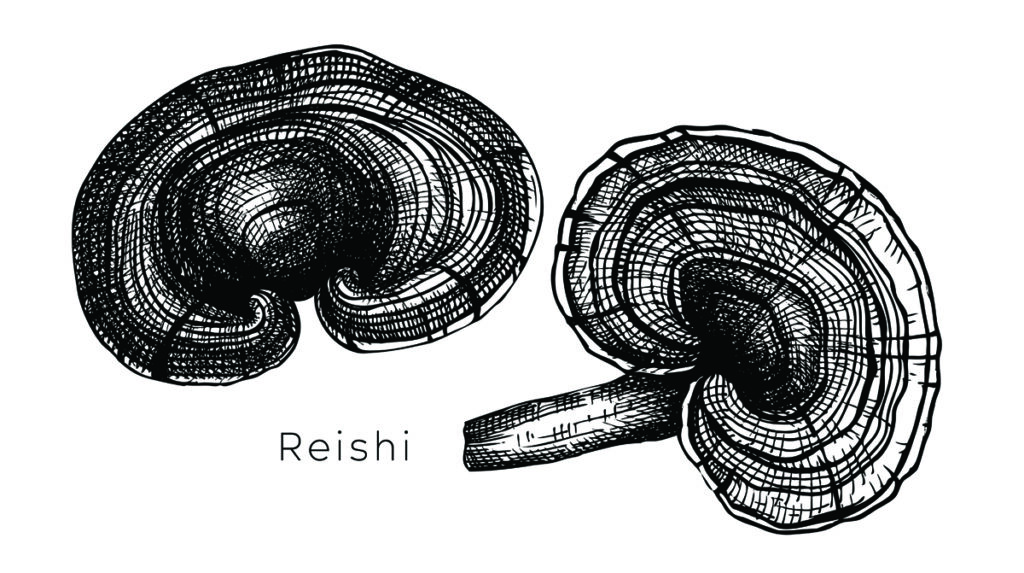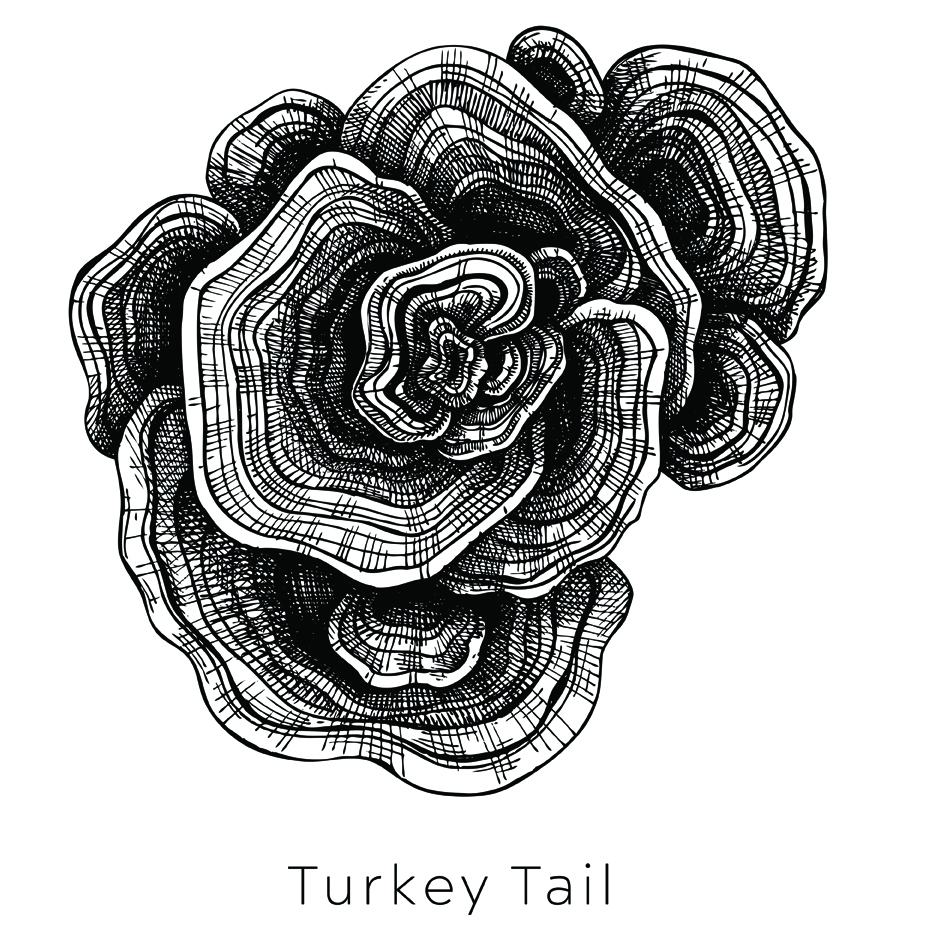Mushrooms, exceptionally functional and medicinal varieties, have long been celebrated for their remarkable health benefits, rich history in traditional medicine, and growing prominence in modern scientific research. Once considered mysterious and somewhat esoteric, these fungi are now recognized as potent allies in health and healing. From ancient healing practices to cutting-edge pharmacological research, mushrooms are proving their worth as food and powerful agents in combating ailments and enhancing well-being.

The Fungal Kingdom: A Rich Pedigree
The kingdom of fungi includes a vast array of species, among which mushrooms are just a small but significant group. Historically, fungi have been revered in many cultures for their potential in healing, spiritual practices, and enhancing the quality of life. The symbiotic nature of fungi—particularly the mycelium, a vast underground network of fungal threads—has made them an integral part of ecosystems and a cornerstone in developing various medicinal substances.
Fungi’s use in traditional healing dates back millennia. In ancient China, for example, mushrooms like Ganoderma lucidum (Reishi) and Cordyceps sinensis were esteemed for their health-promoting qualities. These mushrooms were included in royal elixirs and were believed to grant longevity, improve vitality, and enhance overall health. Similarly, indigenous cultures worldwide, from Native Americans to traditional healers in Africa and South America, have long used fungi in their medicine.
Fungi have garnered renewed interest in the last century due to their potential in modern medicine. Studies have shown that approximately 60% of all pharmacological drugs have some connection to substances derived from plants or fungi. This includes compounds used in cancer treatment, antibiotics, and immunosuppressive drugs, many of which have been directly influenced by the biochemical properties of mushrooms and other fungi.
Functional and Medicinal Mushrooms
Functional mushrooms are those that offer health benefits beyond basic nutrition. These mushrooms are rich in bioactive compounds that can support various aspects of physical and mental health. Medicinal mushrooms, in particular, have been studied for their therapeutic properties, which include immune-boosting, anti-inflammatory, and antioxidant effects. Some of the most well-known and widely used functional and medicinal mushrooms include:
1. Reishi (Ganoderma lucidum)
Reishi, also known as the “Mushroom of Immortality,” has been used in traditional Chinese medicine for over 2,000 years. It is prized for its ability to promote longevity, enhance vitality, and strengthen the immune system. Modern research supports these claims, with studies showing that Reishi contains compounds such as triterpenoids, polysaccharides, and peptidoglycans, which can boost the immune system, reduce inflammation, and fight oxidative stress. Reishi is also believed to have adaptogenic properties, meaning it helps the body adapt to stress and balance the systems of the body.
2. Cordyceps (Cordyceps sinensis)
Cordyceps is another highly valued medicinal mushroom. Known for its energizing properties, Cordyceps is used to improve stamina, athletic performance, and mental clarity. The mushroom has been traditionally used in Chinese medicine to combat fatigue, increase libido, and improve lung function. Modern studies suggest that Cordyceps can increase ATP (adenosine triphosphate) production in the body, which helps improve energy levels. It also has potential benefits for heart health, blood sugar regulation, and enhancing exercise performance.
3. Lion’s Mane (Hericium erinaceus)
Lion’s Mane mushroom is famous for its potential cognitive benefits. It contains compounds known as hericenones and erinacines, which stimulate the growth of nerve cells and promote neurogenesis—the formation of new neurons in the brain. This mushroom is being studied for its potential to improve memory, focus, and overall brain health. Some research suggests that Lion’s Mane may be beneficial for people suffering from neurodegenerative diseases like Alzheimer’s and Parkinson’s disease.
4. Chaga (Inonotus obliquus)
Chaga, a parasitic fungus that typically grows on birch trees in colder climates, is a powerful antioxidant. It has been used for centuries in Eastern European and Russian folk medicine for its purported ability to fight inflammation, boost immunity, and support overall wellness. Chaga is rich in betulinic acid, polysaccharides, and melanin, which are believed to give the mushroom its potent anti-inflammatory and antioxidant effects. Some studies also suggest that Chaga may have anticancer properties, though more research is needed.

5. Turkey Tail (Trametes versicolor)
Turkey Tail is a mushroom that has been used for centuries in traditional Asian medicine. It contains polysaccharopeptides, which are believed to strengthen the immune system and support gut health. Turkey Tail has gained significant attention in modern research for its potential role in cancer treatment. Studies show that its compounds can enhance the effectiveness of chemotherapy and reduce side effects. It is also being explored for its ability to fight infections and support a healthy gut microbiome.
6. Maitake (Grifola frondosa)
Maitake, also known as “Hen of the Woods,” is another medicinal mushroom with a rich history in traditional medicine. Maitake is renowned for its immune-boosting properties and its ability to regulate blood sugar levels. Research suggests that Maitake can help lower blood pressure, enhance the body’s natural defense mechanisms, and even reduce the growth of certain cancer cells. It is also believed to have adaptogenic properties, supporting the body’s resilience to stress.
Historical Use in Healing
Mushrooms have been used for thousands of years in traditional medicine across the globe. In Ancient China, the use of Reishi and other mushrooms was believed to promote longevity and spiritual well-being. Similarly, in Japan, Shiitake mushrooms were used to promote heart health and enhance immune function.
In indigenous cultures of North America, medicinal mushrooms were used to treat a wide variety of ailments, from infections to wounds and fevers. In Africa, mushrooms such as Termitomyces were used to treat gastrointestinal problems, while in Europe, mushrooms like the common field mushroom were used for their medicinal properties as well as their culinary benefits.
Modern Scientific Discoveries
Recent scientific research has uncovered a wealth of information regarding the health benefits of functional and medicinal mushrooms. Modern technology, including genetic sequencing, has allowed researchers to delve deeper into the complex chemical compounds within mushrooms and how they interact with the human body. For instance, studies have revealed that certain medicinal mushrooms, such as Reishi, Cordyceps, and Lion’s Mane, contain compounds that can directly affect the immune system, neural health, and even cancer cells.
The growing popularity of functional mushrooms in the health and wellness industry is a testament to the increasing recognition of their value. Supplements, teas, and other products containing medicinal mushrooms are now widely available, and clinical trials continue to explore their full potential in treating a variety of health conditions, from immune disorders to neurodegenerative diseases.
One of the most exciting frontiers of research is the potential for fungi to combat antibiotic resistance. In 1928, Alexander Fleming’s discovery of penicillin, a compound derived from a fungus, revolutionized medicine. Today, scientists are revisiting fungi as a source of new antibiotics to fight resistant bacterial strains. The mycelium of fungi has shown promise in developing new drugs that could one day help treat infections that are no longer responsive to traditional antibiotics.
Conclusion
Mushrooms, particularly functional and medicinal varieties, are more than just a food source. They are a treasure trove of healing compounds that have been used for thousands of years in traditional medicine and are now being explored by modern science for their therapeutic potential. From their immune-boosting properties to their potential in treating chronic diseases, mushrooms are proving to be invaluable resources in the world of health and healing. As research continues to uncover the myriad ways in which fungi can support human health, their role in both traditional and contemporary medicine will only grow more significant, offering hope for treating ailments and improving quality of life.
